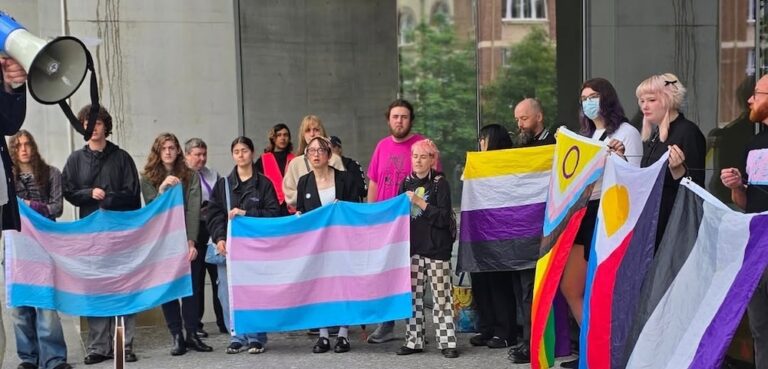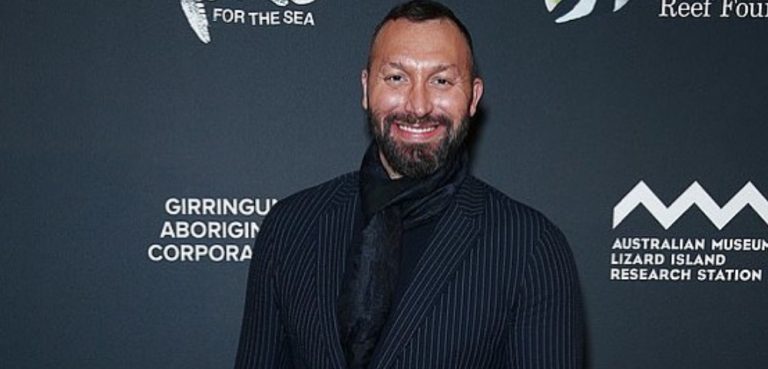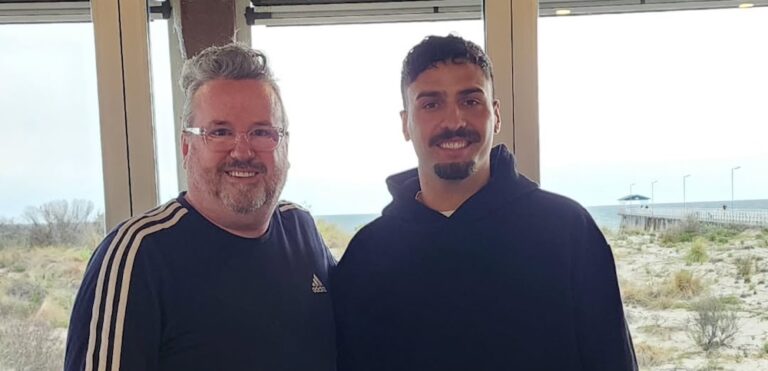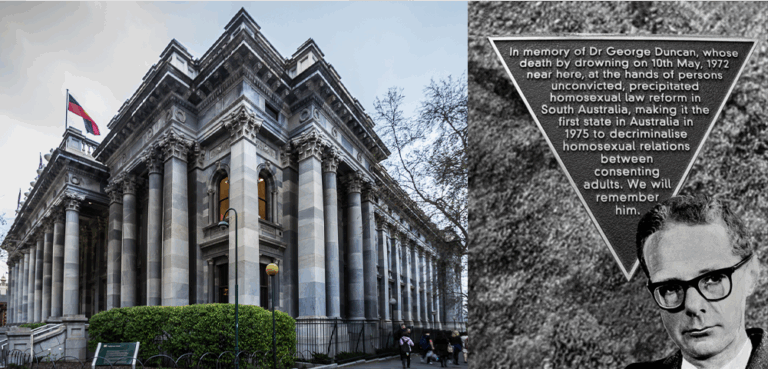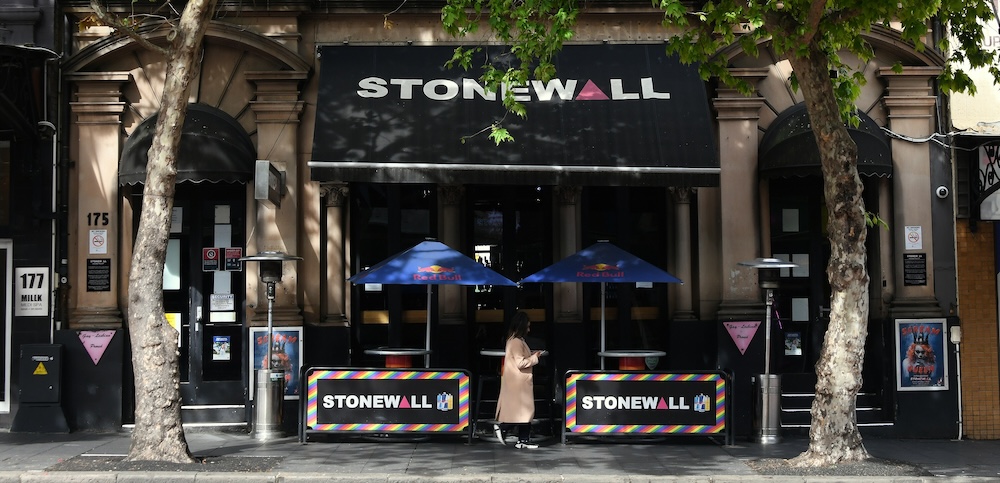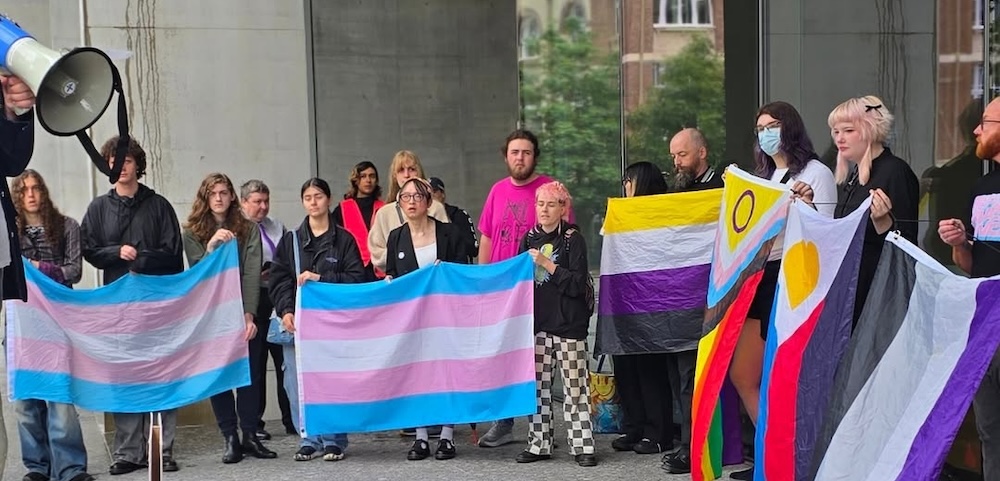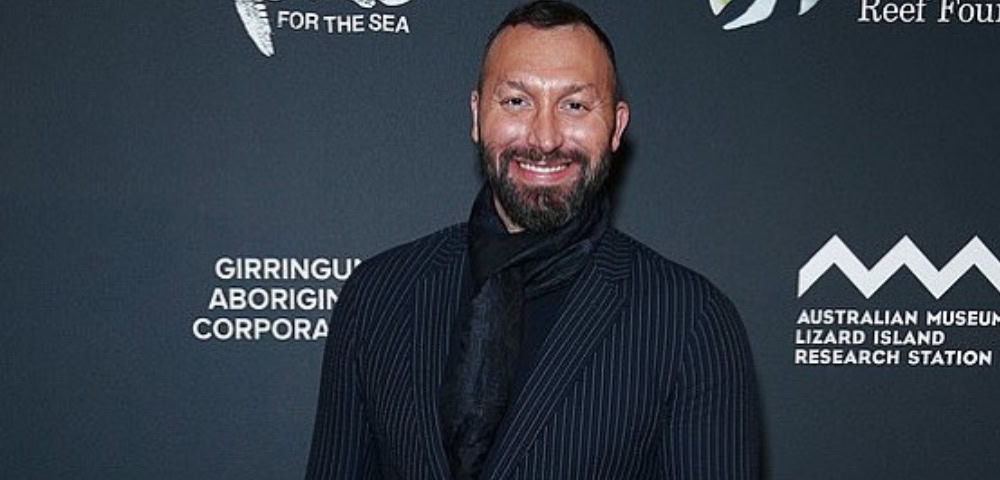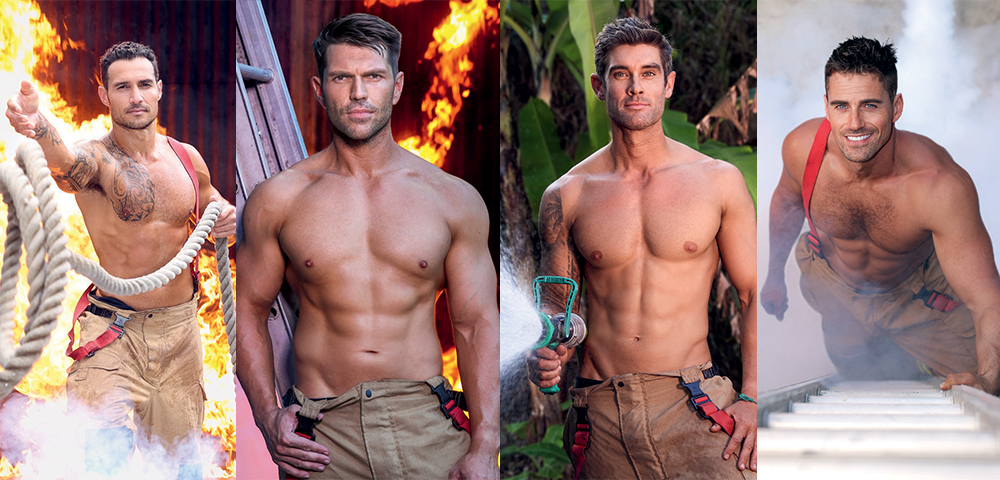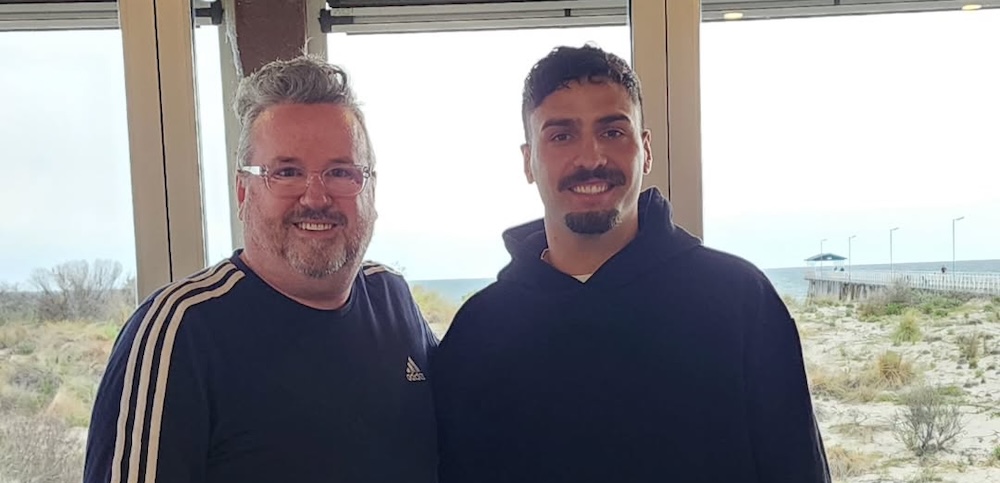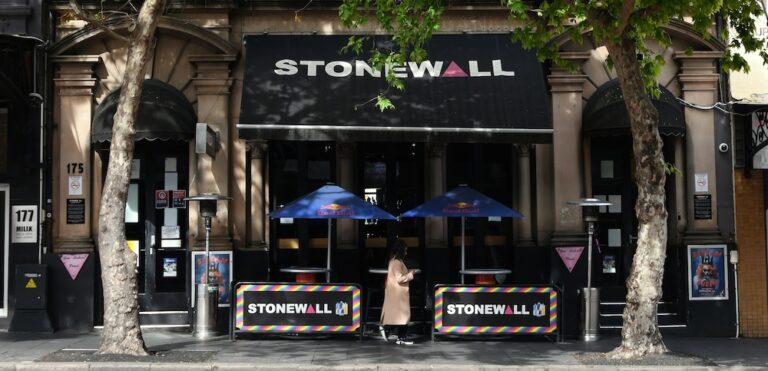
Sydney’s Uniting Church makes history, appoints transgender minister Jo Inkpin
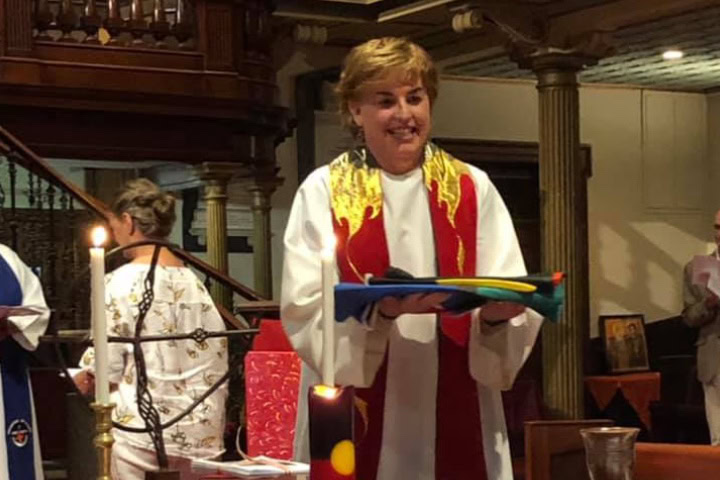
In a first for Australia, Reverend Josephine ‘Jo’ Inkpin has become the first openly transgender minister to be inducted into a mainstream church.
Ordained in St Paul’s Cathedral London as what she calls, “a priest for the world”, Inkpin emigrated from England some 20 years ago with her wife Reverend Penny Jones for the health of their twin daughters. After serving the Anglican Church Southern Queensland, she came out as transgender in 2017. She then moved to the Uniting Church, where she says she was allowed to fully come into her own self.
Last month Reverend Inkpin made history, when she was given a licence and was appointed to lead the congregation at Sydney’s Pitt Street Uniting Church.
Star Observer caught up with Inkpin, on what was Transgender Day of Visibility, to discuss what this news meant for her personally and for the church at large.
https://twitter.com/blessedimp/status/1371024539711250435
“A lot of churches are struggling to come to terms with these things, but it’s time we claimed our space, so that’s why I’m in Pitt St, to be able to move forward with a lot of things, including gender diversity affirmation.” Inkpin tells us.
As a minister of Sydney’s Pitt St Uniting Church, Inkpin continues a long lineage that has seen the church at the forefront of inclusion within the faith community. Before Inkpin, many would remember the prominent role Rev, Dr Margaret Mayman, played while she was minster of church in the campaign for marriage equality.
Religion Has Been Weaponised
Thinking back to her days growing up in England, Inkpin tells us that having better representation within the church as a young child, “would have made a radical difference”.
“The first day we went to school, the whistle blew, and we were put into two different lines, and got taught the gender binary.” She recalls, “The church I grew up in was a gentle kind of church, but it still didn’t have a grasp on diversity. Religion for me, has been a space where I can be different, because the church has enabled me to find strength over and over again.”
https://twitter.com/blessedimp/status/1373926345579794432
“But it has also been a cage as well, because they try and teach you that human beings are dysfunctional, and that meant I was never at ease with myself. If there had been people that had told me that we are loved irrespective of who we are and by God- then that would have been radically different.
“What I find now as a Uniting Church Minister, is that people come to me from all different backgrounds, and that this makes a big difference to them, both gender diverse people and parents of kids that are struggling, I know it makes a difference to be visible. People don’t need to be ashamed of who they are and that’s the one option they can’t take to help them to grow.”
On the topic of faith within the LGBTQI community, Inkpin admits that it is still a fraught terrain, albeit because of the weaponised nature of religion, particularly within Australian society at large. However, as she explains “things are actually changing.”
“But because there has been so much antagonism from one side of Christianity and certain other quarters of religion, some more secular people- partly because of genuine pain, have kicked back. For those of us who are both people of faith and LGBTQI we can get caught between the two. We are neither fully accepted in churches, and sometimes we feel a bit nervous and experience lateral violence from transgender people and other people in the LGBTQI community as well.”
‘Religious Freedom Bill Is An Excuse To Damage People’
https://twitter.com/blessedimp/status/1376053282800500737
Our conversation next turns to the subject of the Religious Freedom Bill, introduced in 2019, and meant to prohibit both direct discriminations, treating another person less favourably based on religion, and indirect discrimination where an apparently neutral condition has the effect of disadvantaging people based on religion.
However, Inkpin sees it differently: “These awful religious freedom debates we are having, it’s not about protection, it’s an excuse to damage people and exert power over other people of faith as well as hurt everyone else in the process.”
https://twitter.com/blessedimp/status/1369830336260055040
“The right wing has weaponised faith and religion. I have a hollow laugh when they talk about transgender ideology. It’s the people who don’t like us that create the ideology, not us. I think a lot of people who have powerful positions in religion, who have allies in Parliament, their world views need to change, but some of those sorts of people cling to religion as a last-ditch effort to keep the waters of the world and freedom pouring over them, but of course those people have power and benefit from this.”
“Our voice is really important, because we are inside the beast as it were, we are able to kick back a bit and challenge these ideological constructions that these right-wing people exert on religion, but also it helps the queer community to grow and become more inclusive.”
